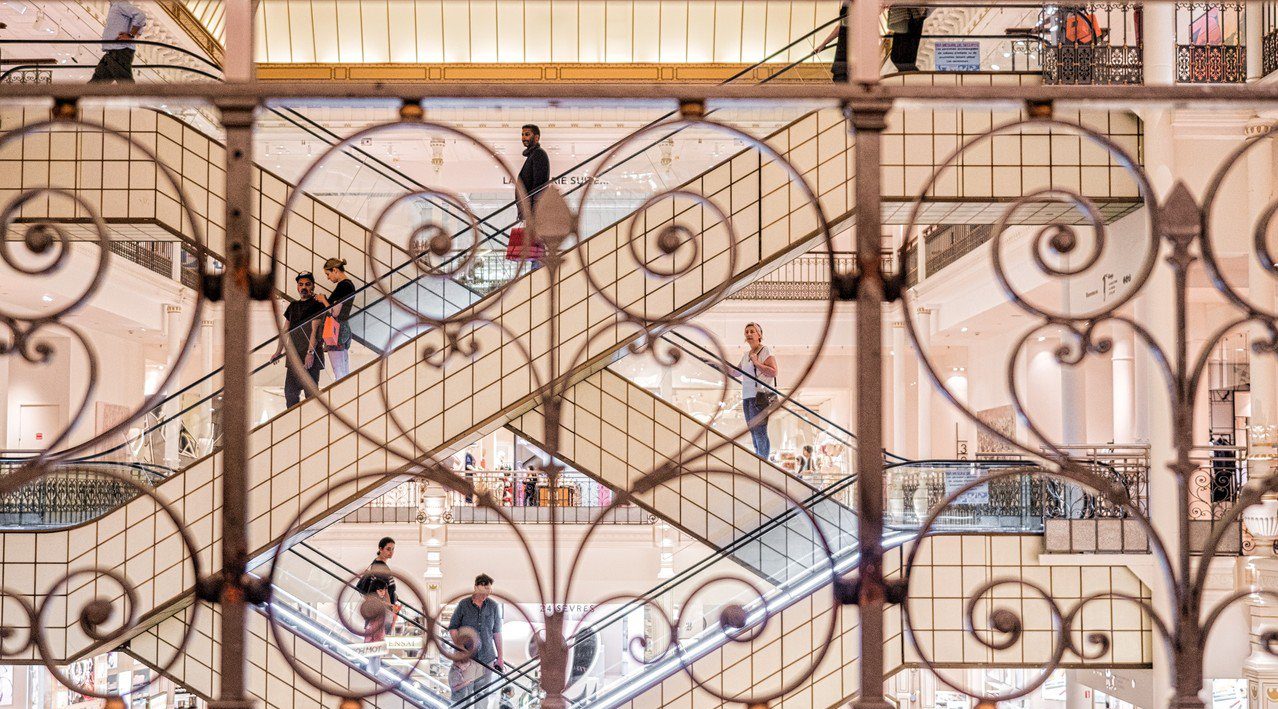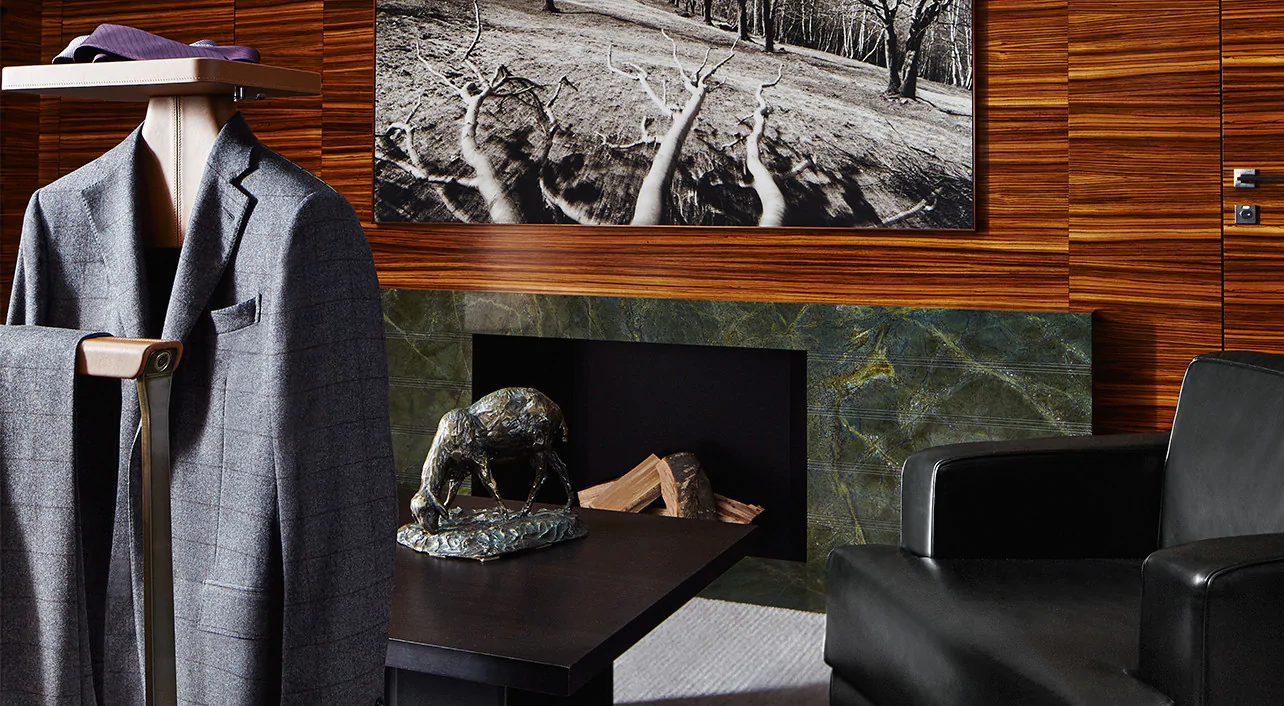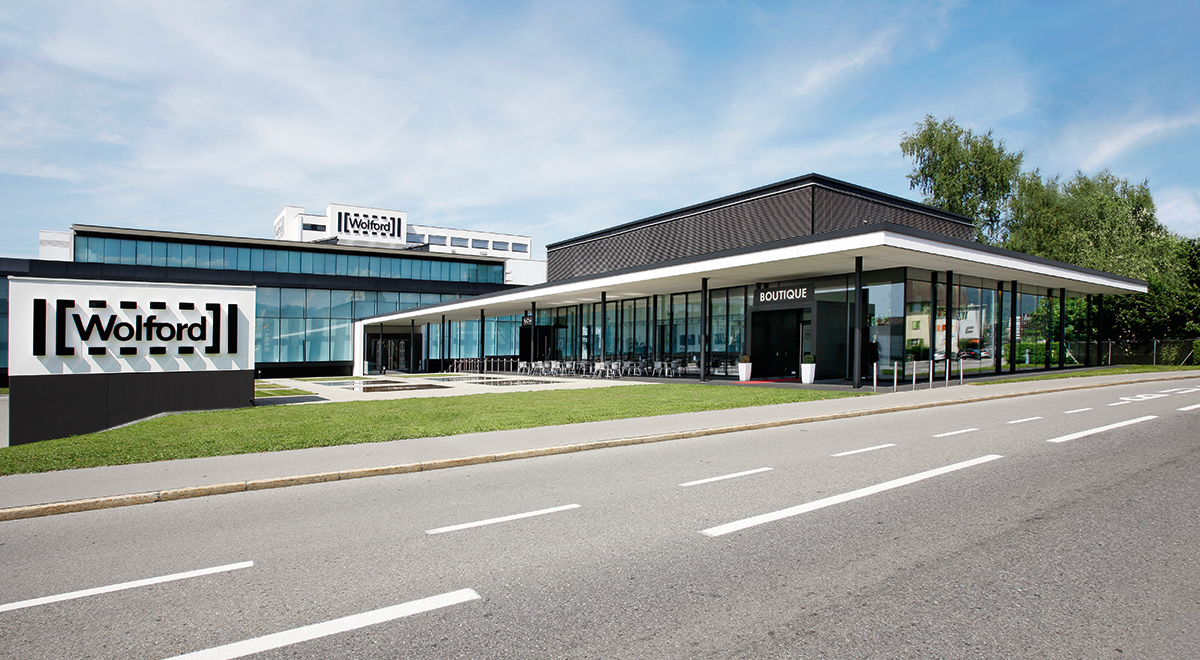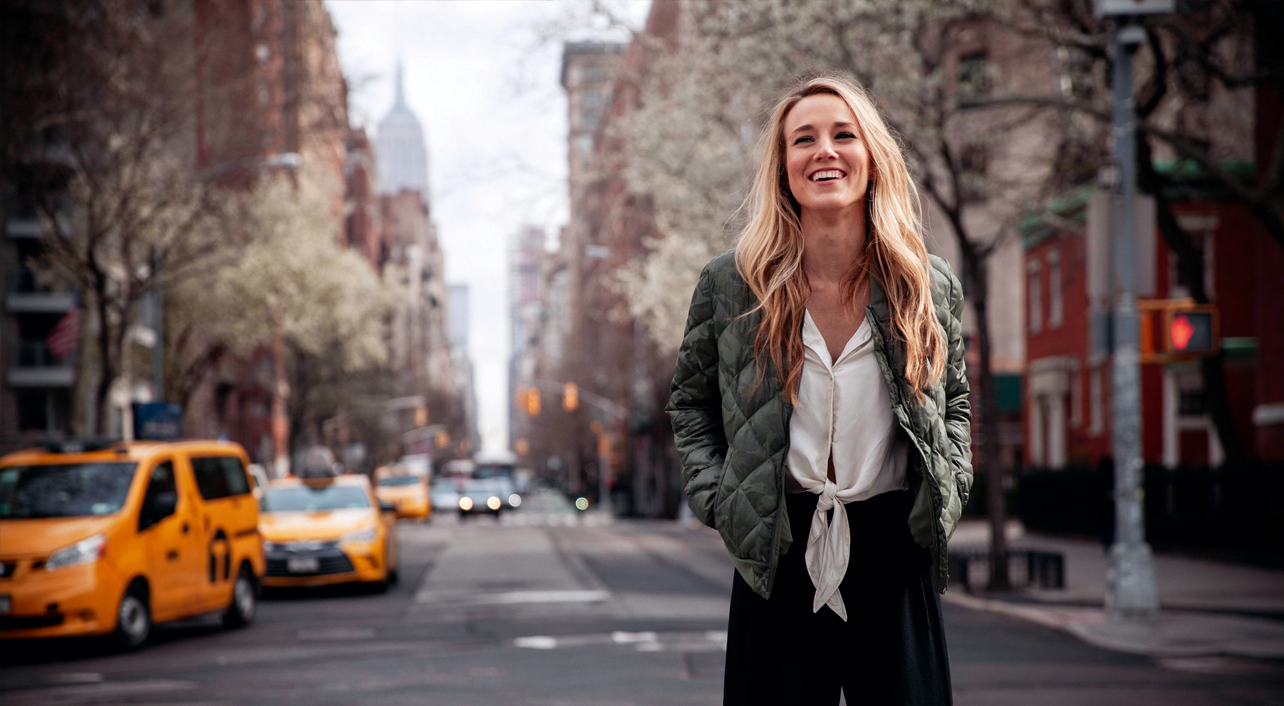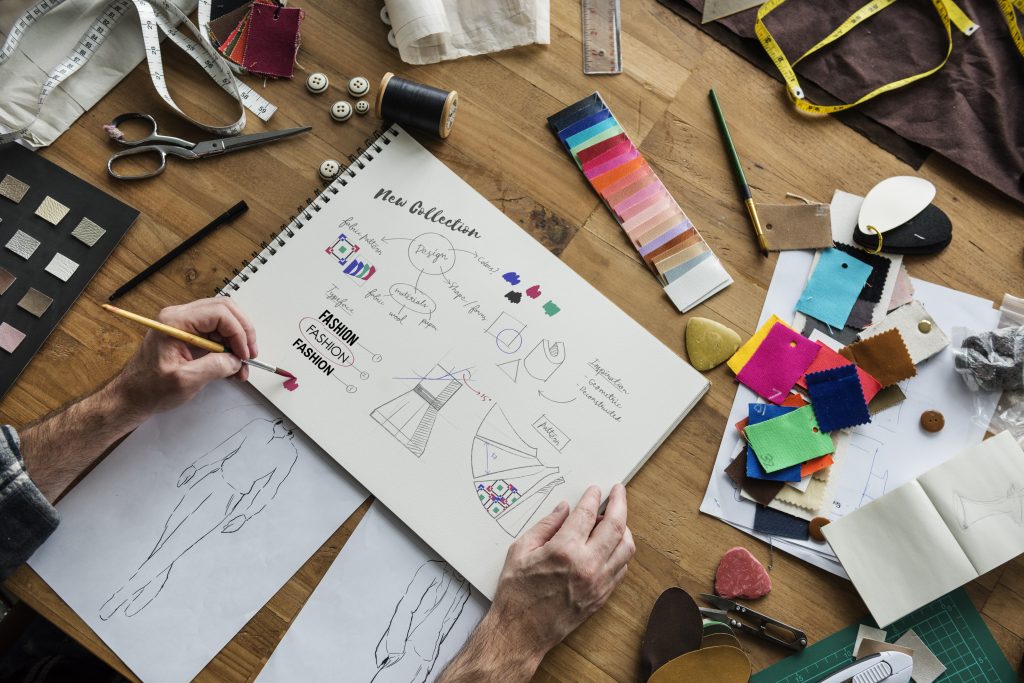
The future of fashion and retail
Today’s successful retailers challenge the fundamental assumptions of commerce, from the ways in which physical spaces can be used to create unique customer experiences, to featuring products and services that one cannot find elsewhere to resurrecting the art of selling.
The digital transformation of the retail (and indeed, any other) industry is no longer about simply managing costs and increasing efficiency. Rather, it enables companies to react to brutally competitive market forces with new service models, business practices, supply chains and more.
At the heart of this retail revolution lies data, alongside the tools required to analyze it to help businesses continuously evolve, improve, and grow – all while creating and maintaining customer loyalty, and remaining competitive.
With 80 percent of business leaders believing that their industry will be disrupted by technology – and with 84 percent believing said disruption to be imminent – there has never been a more important time to embrace the potential that technology can bring. There is a huge case for digital reinvention.
Microsoft wants to be a partner to businesses on their transformation journey who seek to understand and identify where and how to use the digital applications and functionality to their and their customers benefits. Below, you’ll find a list of resources specifically focused on the use of technology in the fashion and retail industry:
Trends in Fashion
Unwrapping retail success with data this holiday season
The global success of European luxury brands is more than a badge of honor. It’s an integral part of the region’s economy. While the success of companies in this segment is often rooted in the rich heritage of their brands – which can go back more than 100 years – they now operate in an age of disruption. Technologies such as cloud computing and artificial intelligence (AI), enable all companies – including those with a long tradition – to create a much more bespoke customer experience by using data. Thus helping them to exceed the expectations of even their most discerning customers.
Technology, luxury brands, and retail – a fashionable combination
“Every company is a technology company,” is a phrase that’s growing in relevance as each day passes. Europe’s rich heritage of luxury brands – many which are more than 100 years’ old – are a fitting example of companies steeped in tradition, who have maintained their heritage, while embracing transformation to remain competitive in an ever-evolving landscape. Today, these brands are operating in an environment full of newcomers looking to disrupt the market with new digital experiences, personalisation, on-demand support, and more. In a world where digital natives are an increasing norm, and consumer expectations at an all-time high, technological and cultural transformation are key.
Creating a digital difference in retail: Ermenegildo Zegna’s transformation
Edoardo Zegna, Ermenegildo Zegna’s Head of Omnichannel, Content and Innovation: “In today’s market, companies need to accept that the consumer will dictate the way forward, with their digital behaviours. Brands need to evolve their messages in line with the changing consumer. Companies will more and more be marketing-led rather than product-led; a company must be able to explain to the consumer why they should buy a product, otherwise they shouldn’t be making it in the first place. In its understanding of user behaviour, Zegna has put service at the core of its DNA, with the goal of remaining, as it has since 1910, the luxury leader in menswear.”
The secret to brand and retail success? Treat every customer like a VIP
We all like feeling special. When our needs are met, when our voices are heard, and when we’re being paid attention to, we feel positive. These are the feelings retailers and brands must invoke in customers, if they wish to remain competitive.This theme of treating every individual as VIP is a prevalent trend in the retail industry, and applies across all brands, especially in the luxury sector. We’ve worked closely with various partners, brands, and retailers to discuss their most important insights, and have shared them below. Whether you’re a retailer or a brand, we’re all in this together – transformation is an evolving journey, not an end goal.
Digital glamour: Wolford uses Azure and AI to deliver luxury online service
Founded in the Austrian city of Bregenz in 1950, Wolford is the global market leader for luxury legwear and bodywear. Over its 68-year history, the company has established a strong reputation for delivering both high-end products and customer service. To deliver the same high standard of service online as its customers have come to expect in its boutiques, the company used Microsoft Azure Bot Service, Cognitive Services, and Bot Framework to develop an AI-powered chatbot. Wolford online shoppers now get instant answers to questions around the clock and receive personalized “Style Me” product recommendations, while the company lives up to its reputation for exceptional service.
Building a sustainable fashion ecosystem: Meet Natasha Franck
Natasha Franck isn’t as interested in fashion as she is in trash. In the early days of her company EON, it was almost an obsession: “I read everything I could about waste and possible solutions to this global epidemic.” After learning that the fashion industry is one of the largest industrial polluters, Natasha became determined to do something about it. “In fashion, where there are 150 billion articles of clothing made every year, and 90% of these textiles are ending up in a landfill—the consumption of resources and production of waste is never-ending.” says Natasha. “And when burning trash is still the main means of disposal, we’re left with some serious air quality concerns worldwide.”
The Future of Fashion Incubator
Microsoft partnered with London College of Fashion, UAL to find out what happens when the future leaders of the fashion industry get their hands on the innovative technology of today.





